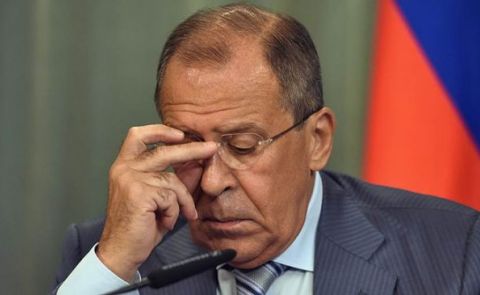
Pashinyan comments on the discussion with Aliyev and the Constitutional Court changes
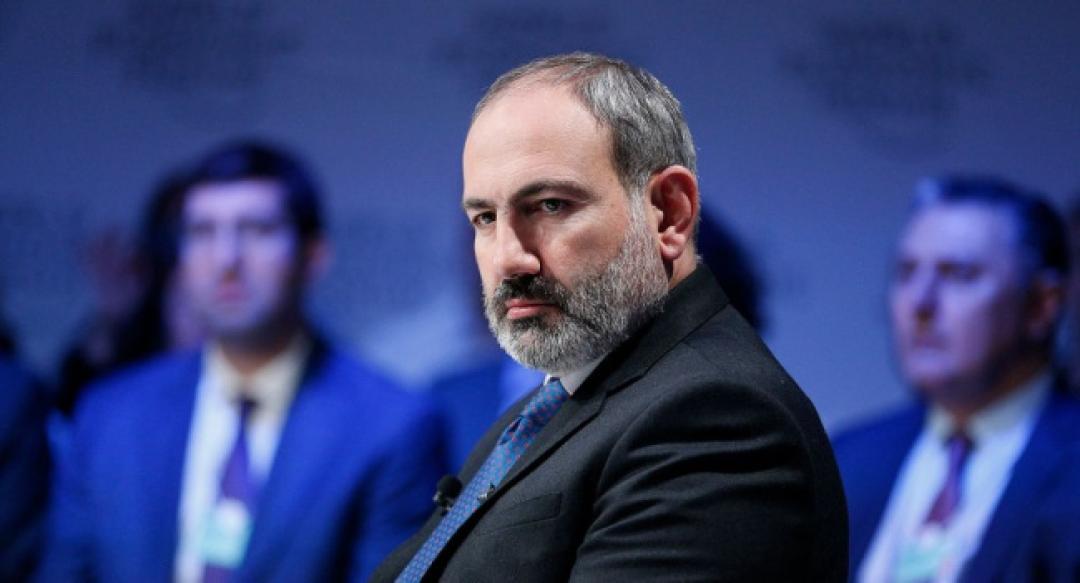
On 21 February, Armenian Prime Minister Nikol Pashinyan held an interview with Armenian Public Television, where he talked about his meeting with Azerbaijani President Ilham Aliyev in Munich, as well as the upcoming referendum regarding the changes to the Constitutional Court (CC) in the country.
Pashinyan said that the panel discussion between him and Aliyev in Munich (Caucasus Watch reported) was a turning point in the Nagorno-Karabakh negotiations. “Since May 2018, Azerbaijan has been trying to convince the entire international community that Armenia has a destructive stance on the Karabakh issue. This conversation has clearly shown to the international community that Armenia has a constructive stance on the Karabakh issue, whereas Azerbaijan has a destructive, even racist stance on the Karabakh issue; this is the most important result,” he said.
The second most important result of the discussion according to Pashinyan was that he has fulfilled one of his most important promises to the Armenian people, namely, not to hold secrets from the people regarding the negotiation process. He also mentioned that a new content of negotiations was formulated at the discussion, which he dubbed the “Munich principles.”
Pashinyan stressed that if there is a proposal for an equally effective security tool, that proposal should be formulated, and the Armenian people will discuss whether or not it is acceptable to them. “We say that this status quo, when it was formed, when the self-defense forces of Nagorno-Karabakh took control of those territories, they did so that the aggressive actions of Azerbaijan were removed from Nagorno-Karabakh as far as possible to make them inaccessible,” he said. “If there is a proposal for an equally effective security tool, let that proposal be formulated, and the Armenian people will discuss whether or not it is acceptable to them,” he added.
The Armenian Prime Minister also spoke on the upcoming referendum for the changes regarding the CC (Caucasus Watch reported). He explained that the first difference between the former and existing models of the CC is that, unlike the previous model when the candidates for member and president of the CC were nominated by the President or parliamentary speaker of Armenia and the parliament would elect them, according to the new model, three candidates for judges of the CC are nominated by the President, the Government and the General Assembly of Judges. The second and third features were connected to the term of office of a judge of the CC and the election of the president of the CC (the CC would elect the president of the and not the National Assembly).
When asked why the government is rushing to make amendments to the Constitution when it has already started making constitutional reforms, Pashinyan said it is because constitutional reforms will take a long time and imply very serious and in-depth changes. In response to the claims that this is an illegal way of amending the Constitution, the Prime Minister said he doesn’t agree and reminded people that the National Assembly itself can make a constitutional amendment, but since it has to forward the amendment to the CC, and there is a crisis in the CC, the Constitution of Armenia states that if the National Assembly doesn’t adopt the package of constitutional amendments, the issue can be put to a referendum by 3/5 of the votes.
Pashinyan also was asked why he did not forward the issue of the referendum to the Venice Commission for an opinion before putting the amendments to a referendum. “During my recent visit to Germany (Caucasus Watch reported), I had discussions on this situation with several colleagues, and I can say that they were surprised by the processes unfolding in the period of transformation in Armenia. I drew my European colleagues’ attention to the fact that the Venice Commission has seen all these processes, and I believe the Venice Commission has to answer certain questions before we touch upon those processes. The government is holding discussions with our European colleagues,” he replied.
See Also

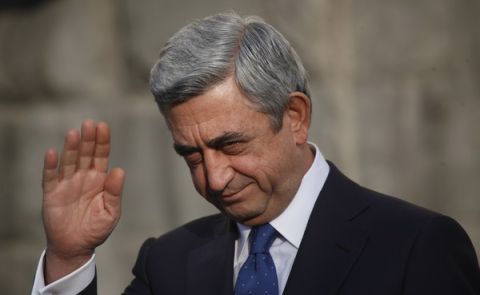
Serzh Sargsyan Rejects Charges, Backs Impeachment, and Warns of Secret Deals
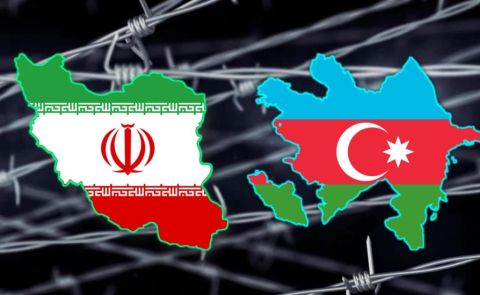
Azerbaijan Confirms Execution of Terrorist Behind Embassy Attack in Iran
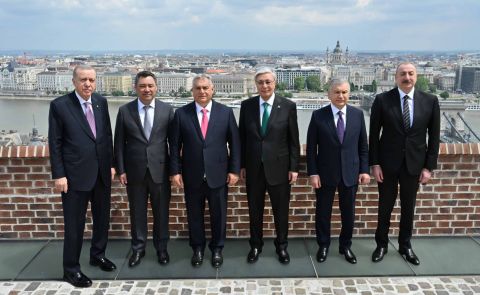
Turkic Leaders Adopt Budapest Declaration, Emphasizing Peace, Trade, and Digital Connectivity
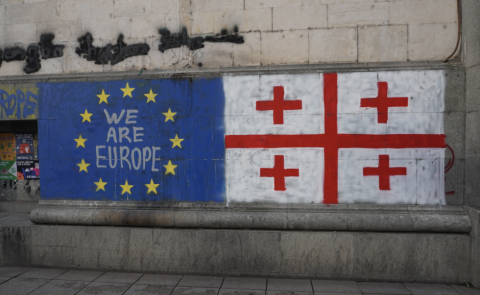
International Officials Criticize Georgian Dream Amid Democratic Concerns

